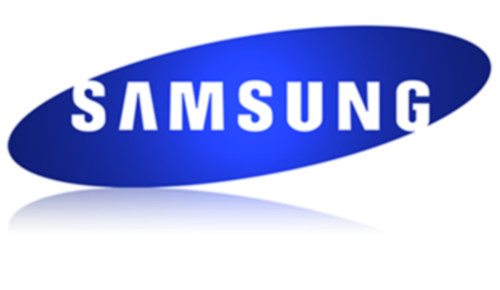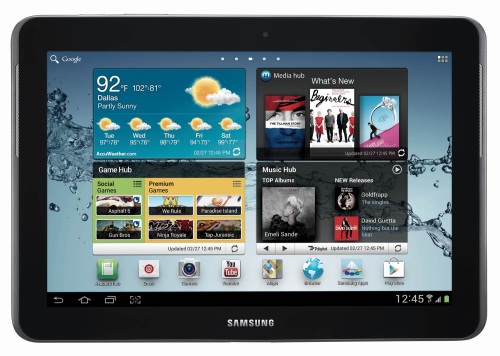Samsung Electronics released a statement today saying it made a major breakthrough in mobile technology for fifth-generation networks.

Samsung has claimed a breakthrough in 5G technology research.
Specifically, the company claims to have developed the world’s first adaptive array transceiver technology operating in the millimeter-wave Ka bands for cellular communications. Using 64 antenna elements, it can transmit data in the millimeter-wave band at a frequency of 28 GHz at a speed of up to 1.056 Gbps to a distance of up to 2 kilometers, Samsung’s tests show.
“The millimeter-wave band is the most effective solution to recent surges in wireless internet usage,” said Chang Yeong Kim, the Executive Vice President of Samsung Electronics and Head of Digital Media & Communication R&D Center. “Samsung’s recent success in developing the adaptive array transceiver technology has brought us one step closer to the commercialization of 5G mobile communication in the millimeter-wave bands.”
5G technology would allow subscribers to send enormous files at significantly faster speeds via their mobile devices. To put things into perspective, Samsung gave the example that users would be able to send entire high-definition movie files from their mobile device in a matter of seconds.
“As a result, subscribers will be able to enjoy a wide range of services such as 3D movies and games, real-time streaming of ultra-high-definition (UHD) content, and remote medical services,” the company added in its statement.

5G technology would allow users to stream high definition content to their mobile devices without any delay.
Samsung’s goal is to bring 5G technology to market by 2020. This would match a recently set target by the European Union, which announced in early 2013 a plan to invest 50 million euros in research to develop the updated technology by 2020.
“The competition for technology leadership in next-generation mobile communications development is getting increasingly fierce,” Samsung wrote in the announcement, before adding that it “believes it will trigger the creation of international alliances and the timely commercialization of related mobile broadband services.”
Story via: global.samsungtomorrow.com
Advertisement
Learn more about Samsung Electronics





